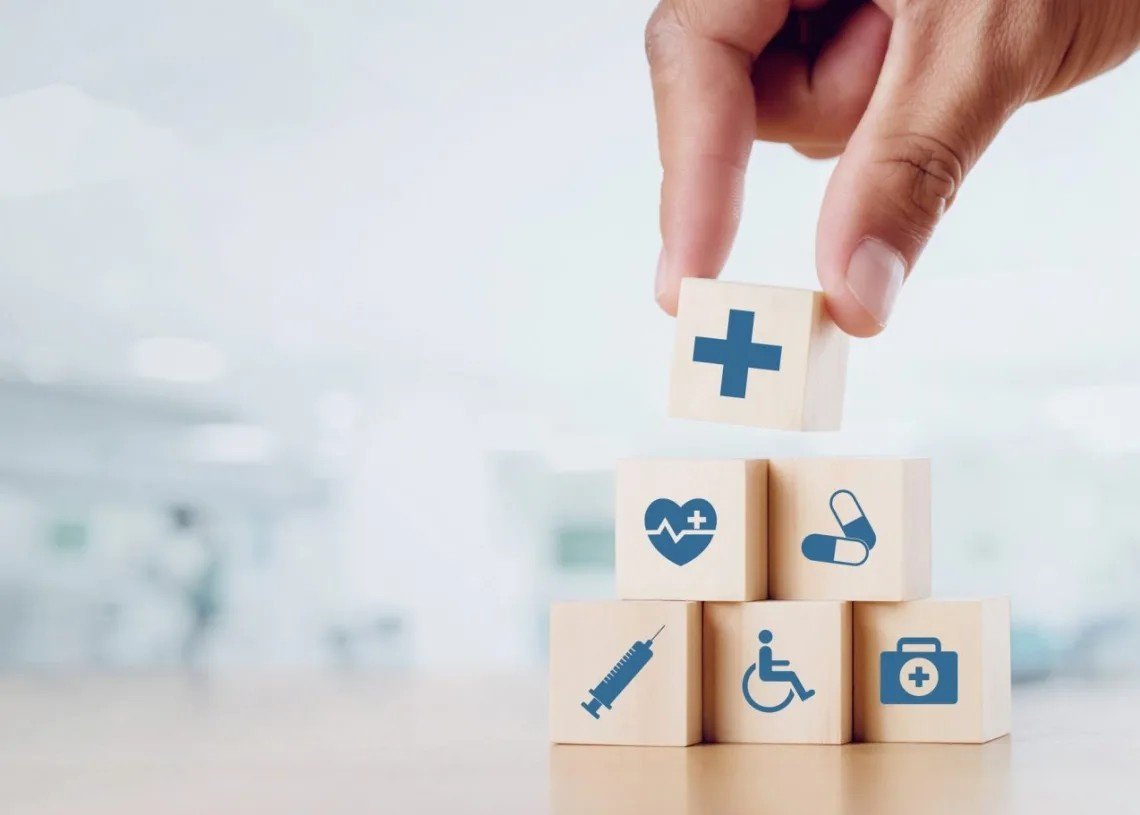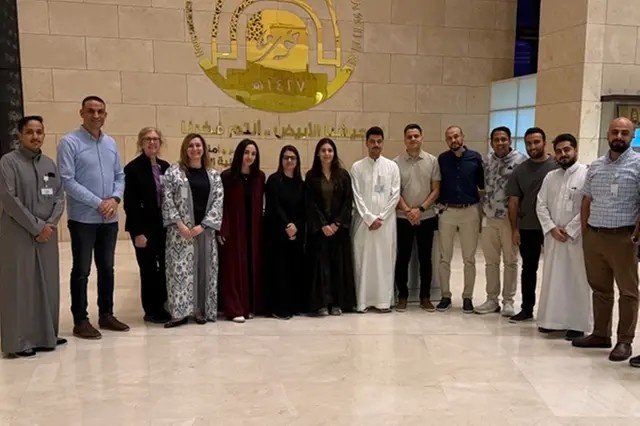Rabat, October 28, 2025 — Morocco’s Minister of Health and Social Protection, Amine Tahraoui, presented an update on the Program for the Reduction of Spatial and Social Disparities in Rural Areas, highlighting progress in healthcare infrastructure development between 2017 and 2023.
According to Tahraoui, the program has approved 1,816 health projects with a total investment of MAD 1.7 billion ($165 million). Of these, 431 construction projects have been completed (79% of total planned), while 113 are still underway. Additionally, 706 rehabilitation and upgrade operations have been finalized, with 190 ongoing.
In logistics, 95% of planned transport units have been delivered, including 648 ambulances, 198 mobile units, and 30 service vehicles, with 44 more in procurement.
Expanding Hospital Capacity
Tahraoui noted that Morocco’s hospital network continues to expand, with 24 hospitals under construction for 2025–2026 (adding 2,273 beds) and 20 new facilities planned for 2027 (adding 2,430 beds). The Laayoune University Hospital (CHU), with 500 beds, is expected to open by the end of this year, while major university hospitals in Rabat, Beni Mellal, Guelmim, and Errachidia are due for completion by 2027.
Nationwide Rehabilitation
A nationwide operation is also underway to rehabilitate 91 hospitals, aiming to improve access and service quality in rural and underserved regions. The minister reaffirmed that these projects align with the government’s goal to reduce territorial disparities and extend equitable healthcare to all citizens.
However, while official figures signal progress, public trust remains strained following recurring tragedies in public hospitals. In September, the deaths of eight women during childbirth in Agadir reignited public anger over inadequate maternal healthcare and systemic failings in the public health system.
The incident has renewed debate over the gap between policy achievements and real-world healthcare quality, especially in rural areas. Citizen movements such as GenZ212 continue to protest against what they describe as a “broken” healthcare system marked by staff shortages, long waiting times, and unequal access to medical care.
For many Moroccans, the government’s infrastructure achievements matter less than ensuring safety, dignity, and equality in access to quality healthcare services.















